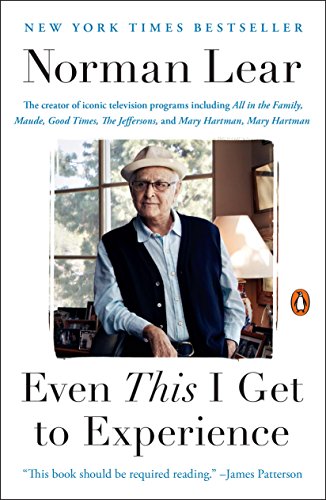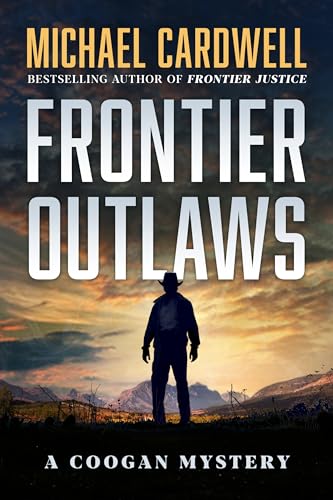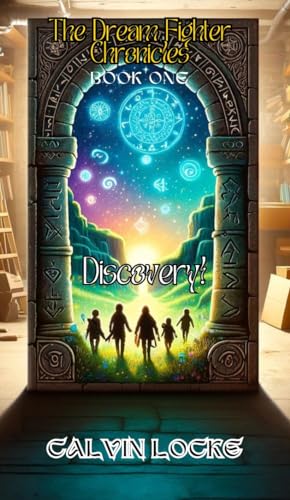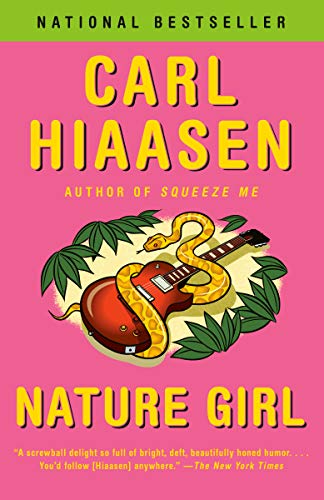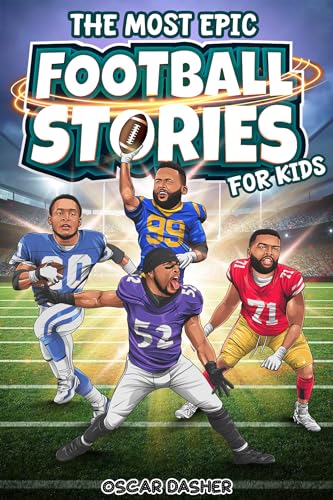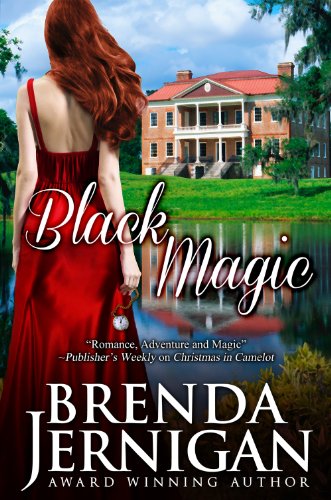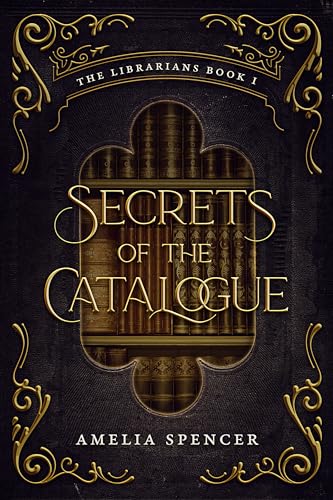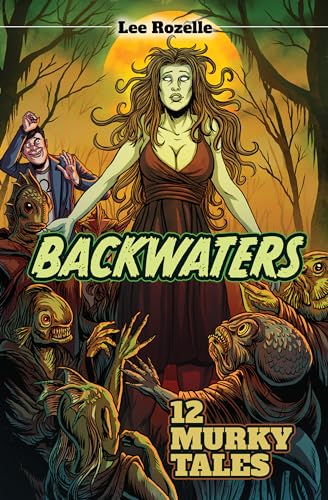From NPR… Support our news coverage by subscribing to our Kindle Nation Daily Digest. Joining is free right now!
Novelist Michael Farris Smith didn’t really get The Great Gatsby when he first read it in high school. But when he read the novel again years later, he found himself identifying with the narrator, Nick Carraway; he was drawn to his detachment, his sense of hope.
So he decided to tell Nick’s story himself. His new novel, Nick, is a prequel to F. Scott Fitzgerald’s 1925 classic. Smith prefers to think of it as a character study of Nick because Fitzgerald’s own telling didn’t satisfy him. Smith knew Nick was from the Midwest, fought in World War I and was turning 30, but …
“That’s really about all you know,” Smith says. “We all have reasons why we see the world the way we do. … I knew there were probably some scars along the way — there had to be. And that’s what I wanted to find out. There are breadcrumbs in his narration of Gatsby. But I was really interested in the experiences and the emotions that made him the way he was.”
On the way Nick participates in Jay Gatsby’s infatuation with Nick’s cousin Daisy Buchanan:
Nick falls right in line with it. … He listens as Gatsby goes on and on about it. And I think for someone to fall into that so easily, there certainly probably had to be his own experiences where he was close to having that thing he really wanted himself but wasn’t able to get.
On writing the novel five years ago, well before The Great Gatsby entered the public domain in 2021:
I wrote it in 2015, and I wrote it in secret without telling anybody because I was afraid — I didn’t want to hear that it was impossible — so I just kept it to myself. I didn’t tell my agent or editor or anybody. I just did it. I had no idea about the copyright issue, and I’m glad I didn’t. I just turned it in and it was at that point, everybody was like, I can’t believe this is what you’ve been doing and … we can’t publish it until 2021.
Read full post on NPR.org

